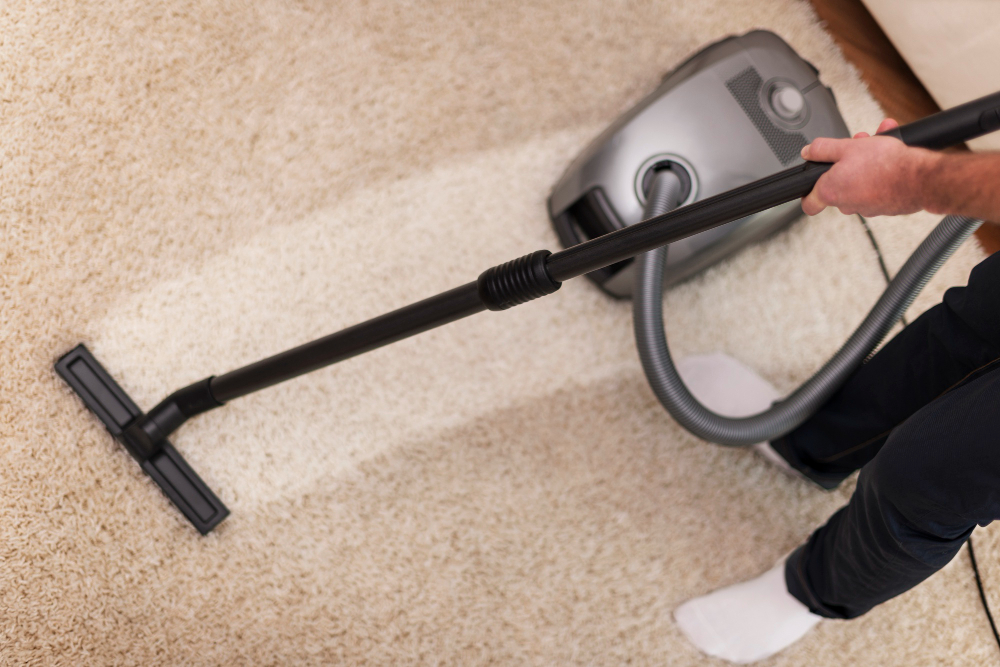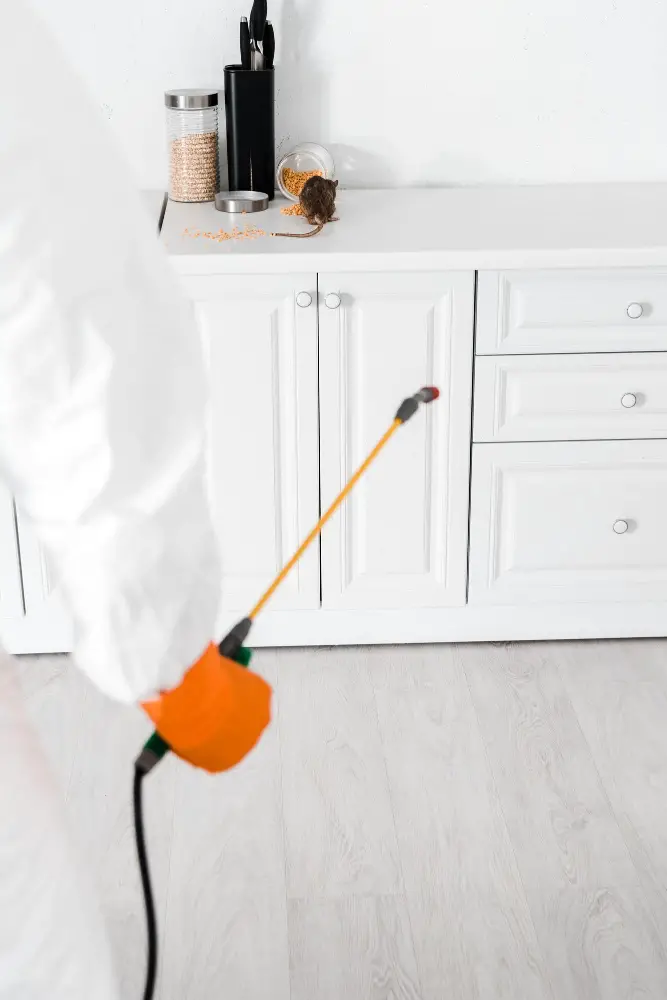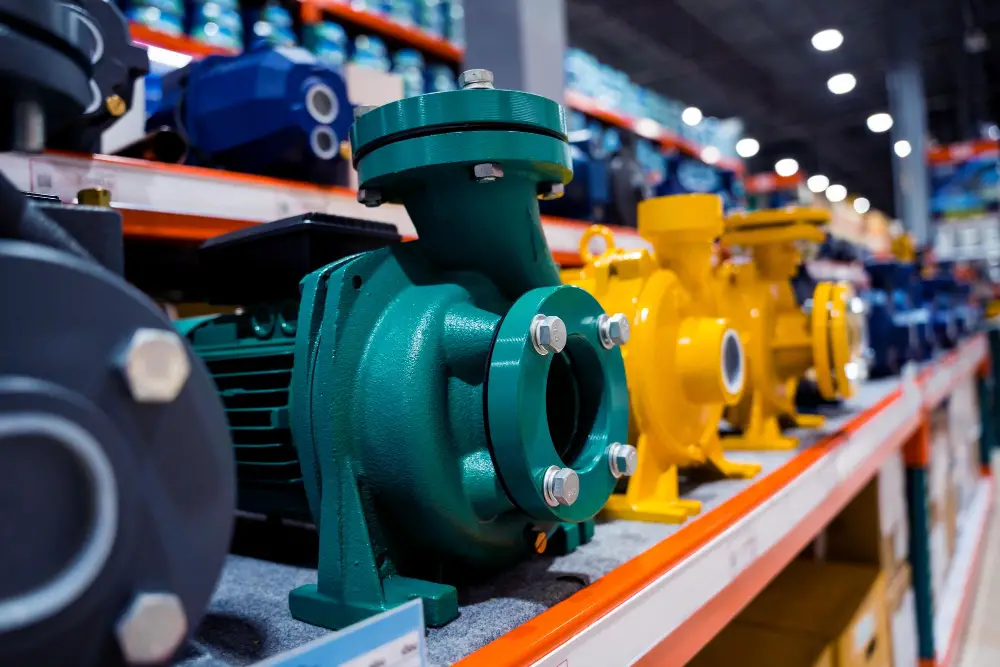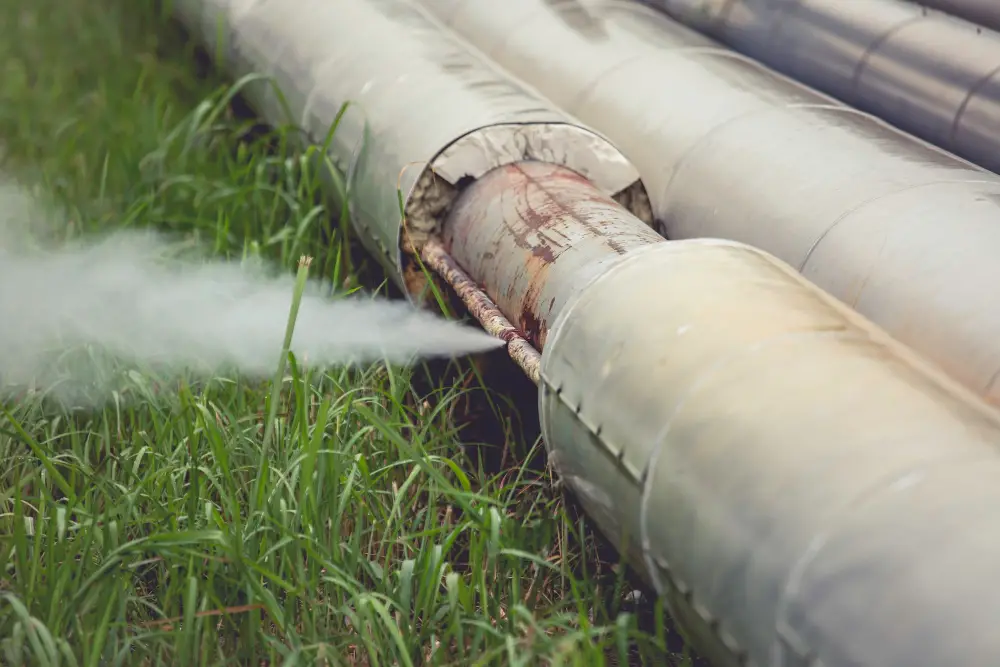Last updated on
Air conditioners provide much-needed relief during hot summer days, yet air conditioning condensation issues can create difficult circumstances for homeowners.
Excessive condensation may result in water leakage, bacteria growth, and structural damage to your home.
Have you been wondering, “what causes excessive condensation from air conditioning?”, you’ve stumbled across the right blog. Today’s blog will effectively explore some common causes and strategies to address AC condensation challenges.
Continue reading to get started.
Table of Contents
What Causes Excessive Condensation From Air Conditioning in Homes?
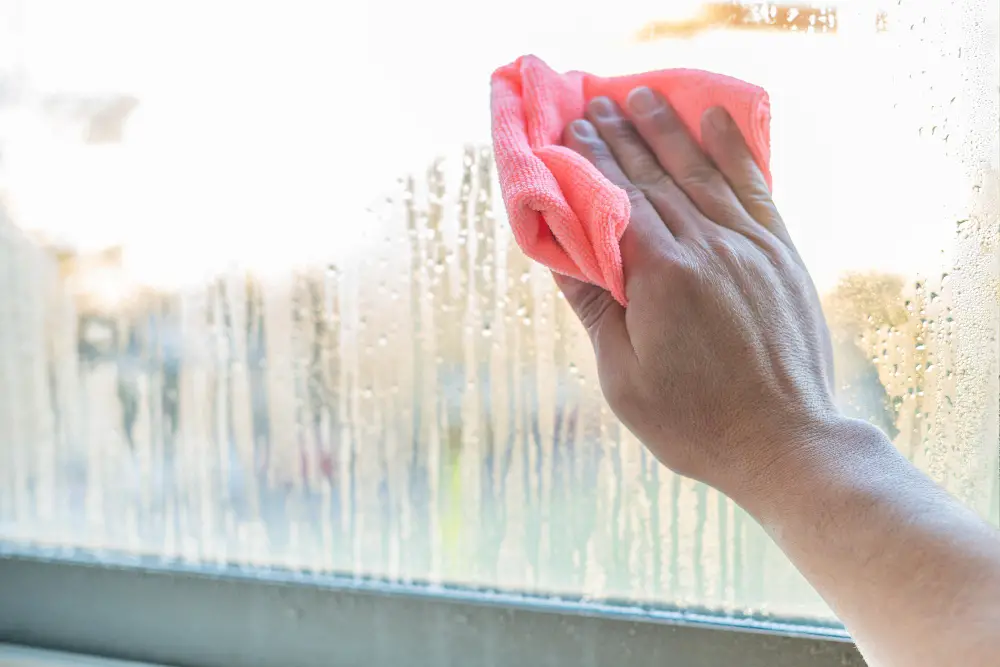
According to the folks that provide AC maintenance services in Fort Mohave, AZ, here are some of the common causes of AC condensation:
Dirty Air Filters
Contamination can occur due to filthy air filters, leading to various complications, including condensation. When they become clogged with dirt and debris, airflow becomes restricted, reducing cooling efficiency, which freezes up evaporator coils and causes condensation on surfaces nearby.
Regularly changing the filters (ideally every 1-3 months) helps ensure smooth AC operation and improves indoor air quality.
Low Refrigerant Levels
Refrigerant is essential in providing cooling airflow throughout your unit; without it, AC condensation becomes commonplace.
Without enough refrigerant present, air cannot circulate at its optimal level and excess moisture enters ductwork from sweaty airflow; any refrigerant leak is also potentially hazardous to health – should your levels drop too low, seek professional assistance immediately so leaks can be identified and filled or replenished as soon as possible to restore air quality and keep AC running optimally.
Damaged Condensation Pan
Your AC’s condensation pan – also referred to as its drip pan – collects all the drippings from its A/C unit, so a cracked or damaged one could lead to excessive condensation, leakage and ultimately even bacteria growth, creating unpleasant air quality issues and leading to expensive problems that require the replacement of your entire air conditioning unit.
Ignoring an existing crack can result in additional costly consequences which might require changing out both components altogether.
High Humidity Levels
High humidity can significantly contribute to AC condensation. Humid air contains additional moisture that the cooling system may struggle to dispel effectively. Effective ventilation management is vital in order to minimize condensation due to excessively high humidity levels, while investing in a dehumidifier may help further lower indoor moisture levels.
Solutions for AC Condensation

If you’re tired of dealing with condensation in your AC unit, you consider using the following tips to find the solution:
Unclogging Drain Line
Use either a wet/dry vacuum or pipe cleaner to unclog drain lines, first by clearing away standing water using high-powered suction, and then using compressed air, bleach solution, or compressed air and warm water mixtures as part of an antimicrobial solution to clear blockages and remove bacteria buildup from pipes.
Replacing or Cleaning Air Filters
Regularly change or clean air filters in order to eliminate condensation and enhance airflow through your evaporator coil, thus protecting it from freezing over. Doing this simple task improves energy efficiency, indoor air quality and can prevent system breakdowns.
Refilling Refrigerant
If low refrigerant levels are leading to condensation in your unit, seek assistance from an HVAC technician for refilling refrigerant levels. Refilling on your own can damage it further while endangering safety; regular inspection and maintenance by licensed professionals will allow them to recognize issues before they worsen.
Repair or Replace Damaged Parts
If your AC system experiences excess condensation, damaged components could be to blame. Common culprits include condensate drain and evaporator coil issues – hire an HVAC technician immediately so a proper diagnosis and solution are put into effect before further issues develop.
Clearing the Drain Line
In order to prevent blockages in your AC drain line, regularly clear it with either a wet/dry vacuum or pipe cleaner and turn off your AC unit before sucking out debris with suction power. Any signs of water leakage or excessive condensation must be immediately addressed so as to save yourself expensive repairs later on.
Install a Condensate Pump
If condensation problems remain an issue for you, considering installing a condensate pump could help alleviate them. This device pumps water directly from your condensation pan through to drain lines to help avoid leakage and damages to property.
For optimal performance and selection purposes it may also require professional assistance for installation purposes.
The Takeaway
Understanding the causes of AC condensation helps avoid issues and save money on repairs.
Regular maintenance – unclogging drain lines, replacing air filters, refilling refrigerant tanks as necessary and repairing/replacing damaged parts as necessary – ensures optimal AC performance and will control excessive condensation for optimal indoor environmental health.
Take steps now to manage excessive condensation to protect yourself against water damage while simultaneously creating an ideal indoor climate!
